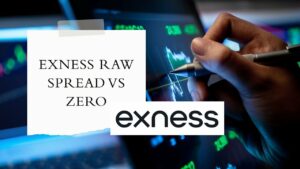Price execution plays a central role in trading efficiency. Even the smallest difference between the expected entry or exit price and the actual execution can influence results over time. Two terms frequently encountered in this context are slippage and requotes. Both occur in fast-moving markets, and both are often misunderstood by beginners. Understanding how they function within Exness can help traders set realistic expectations and develop strategies that minimize unwanted surprises.
What Is Slippage?
Slippage takes place when an order is executed at a price different from the one requested. This situation is not unique to any single broker, as it usually arises during high volatility or low liquidity.
For example, a buy order might be placed at 1.2050, but if the market moves within a fraction of a second, the final execution could be at 1.2053 or 1.2048. This three-pip difference is slippage.
Key points about slippage in Exness:
- It can be positive (better than requested) or negative (worse than requested).
- It often happens during news releases, market openings, or periods of thin liquidity.
- The extent of slippage is influenced by speed of order processing and depth of the market.
By recognizing that slippage is a natural occurrence rather than a system error, traders can manage their risk and adapt their order placement techniques.
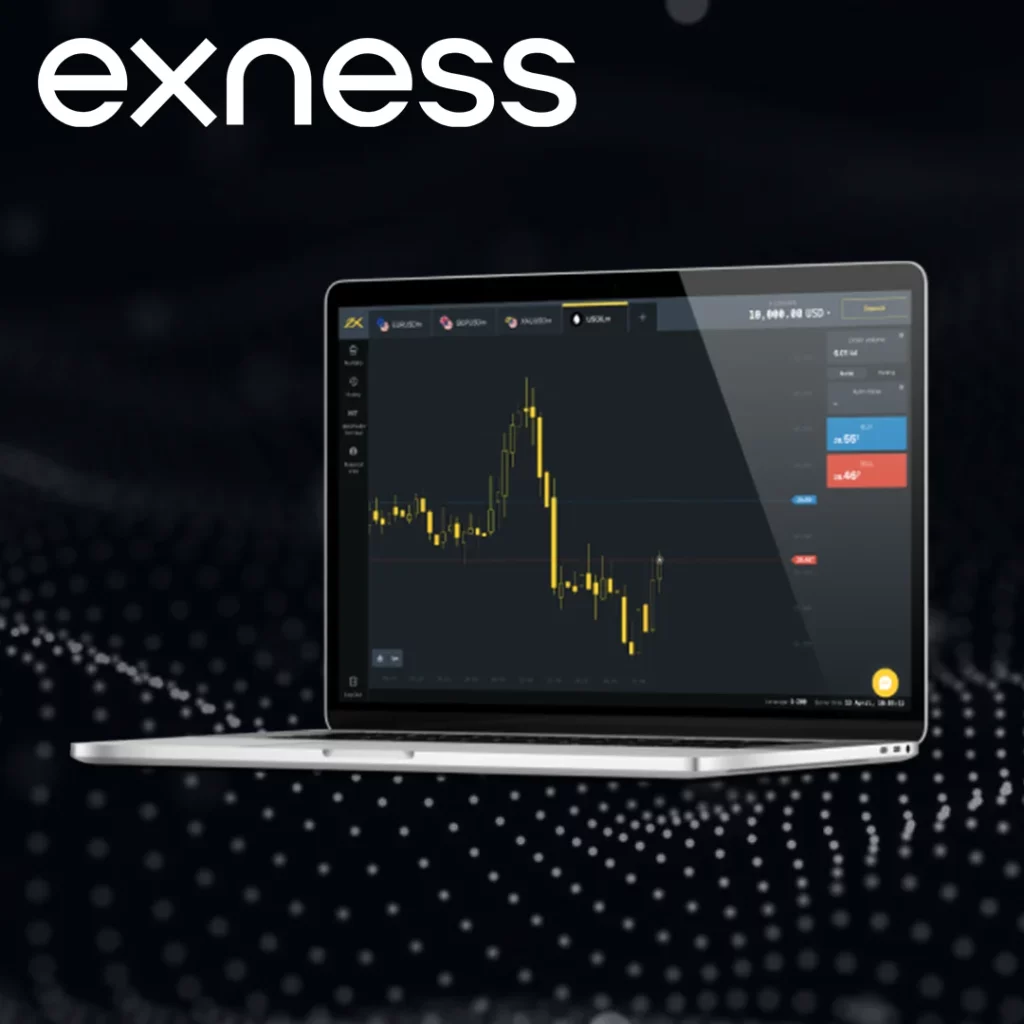
What Are Requotes?
A requote happens when the requested price is no longer available, and the broker offers a new quote. This is more common with instant execution models, where the broker checks whether the requested price still stands.
If the market shifts, the order cannot be filled at the original level, so a new price is presented. The trader then chooses to accept or reject it.
Essential aspects of requotes in Exness:
- They are designed to give traders a choice rather than filling an order at a very different price.
- Requotes usually appear in markets with rapid fluctuations.
- The occurrence of requotes depends on the type of account and execution method selected.
Although requotes can slow down order confirmation, they also prevent accidental entries at unfavorable levels.
Why Slippage and Requotes Matter
Slippage and requotes directly affect order reliability and overall trading performance. Both phenomena highlight the gap between theoretical pricing and real market conditions. Ignoring them can lead to miscalculations in stop-loss placement or expectations about entry accuracy. Traders who study these mechanisms often develop more disciplined approaches to risk control.
How Exness Handles Slippage and Requotes
Exness applies different execution models depending on the account type. Market execution, which is widely used in its accounts, eliminates requotes but allows slippage—both positive and negative. This model ensures that an order is always executed, even if the price moves slightly.
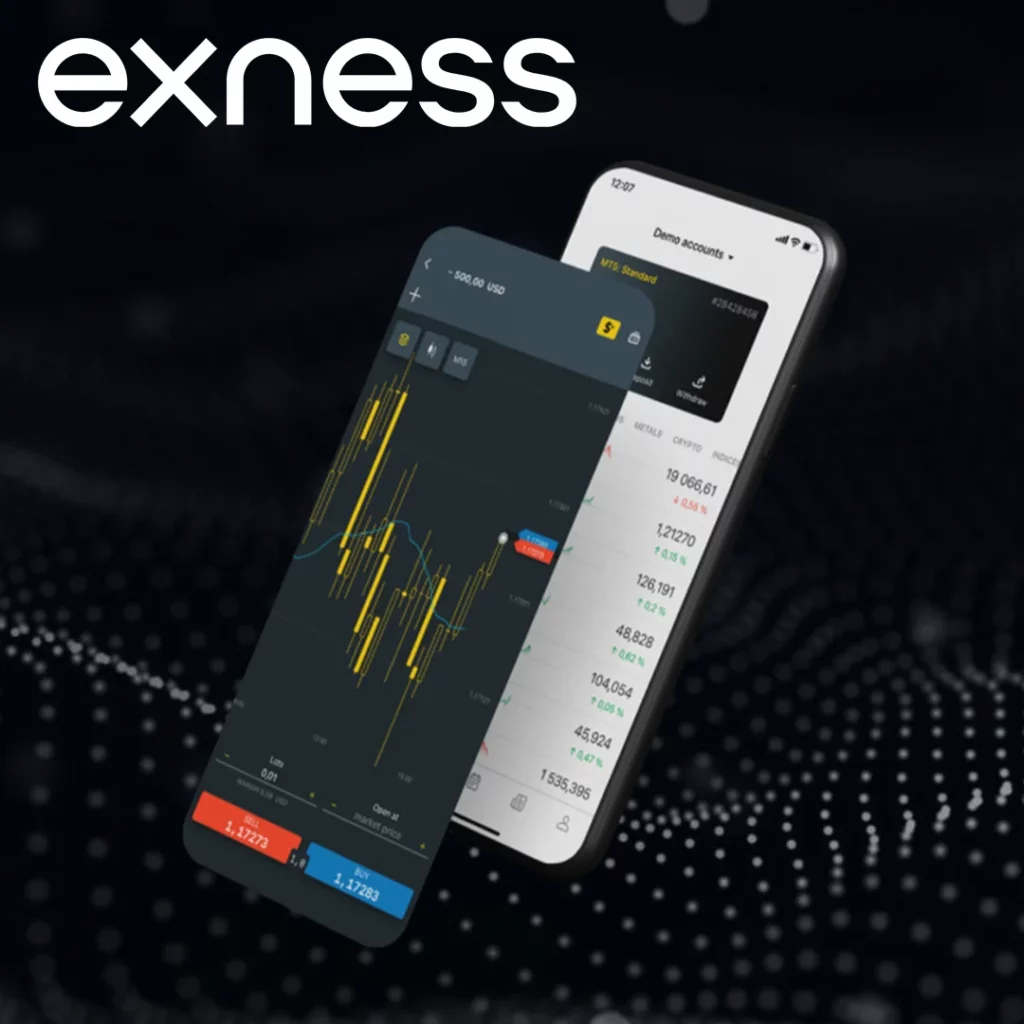
With instant execution, available in some account categories, requotes may appear. The system checks whether the requested price is still valid; if not, the platform presents an updated rate. The trader then decides whether to proceed. This approach offers more control but carries the possibility of missed entries when markets shift too fast.
Execution technology at Exness is designed to match real-time liquidity. Orders are routed automatically to ensure the best available pricing. While no broker can fully prevent slippage during extreme volatility, efficient execution reduces its frequency and scale.
Practical Ways to Reduce Slippage
Although slippage is part of trading, there are methods to keep it under control. Traders who plan carefully and apply technical strategies can reduce unexpected deviations:
- Avoid major news events – High-impact releases often generate price spikes, which increase the likelihood of slippage.
- Choose liquid instruments – Pairs like EUR/USD or USD/JPY typically have tighter spreads and deeper liquidity than exotic currencies.
- Use limit orders – Unlike market orders, a limit order executes only at the specified price or better. This prevents negative slippage, though it may result in missed trades.
- Monitor market sessions – During overlapping sessions, liquidity rises and execution tends to be more accurate.
- Invest in stable internet connectivity – Slow connections can create delays between sending and executing orders.
By combining these techniques, traders can limit the unpredictability linked to fast markets.
Minimizing Requotes
Requotes can disrupt planned entries and exits, but their frequency depends on execution type and account settings. To reduce them, traders may consider:
- Selecting accounts with market execution, where requotes do not occur.
- Placing orders during periods of higher liquidity to reduce rapid price jumps.
- Using pending orders that trigger at set levels, lowering the chance of rejection.
- Avoiding oversized orders that exceed available liquidity.
By understanding how requotes operate and by choosing the right account type, traders gain more control over their strategies.
Impact on Trading Strategies
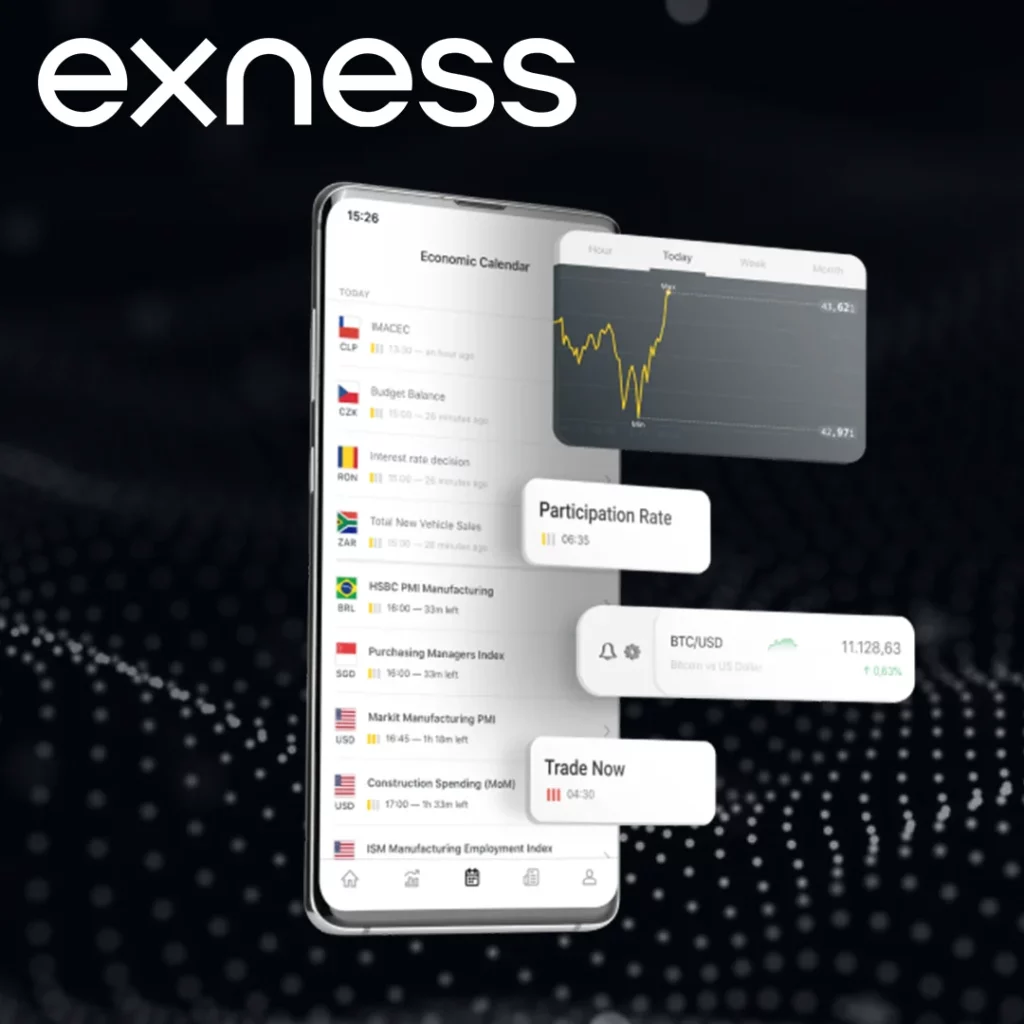
The presence of slippage and requotes influences the effectiveness of short-term tactics. Scalping, for instance, depends on fast order confirmation and small price differences. In such cases, even slight slippage may reduce profitability. On the other hand, long-term strategies are less affected, since positions are held for days or weeks.
Risk management plays a crucial role. Traders often set wider stop-loss levels during volatile periods or avoid placing large orders around market announcements. Adjusting strategy to current conditions helps maintain consistent performance, even when execution varies.
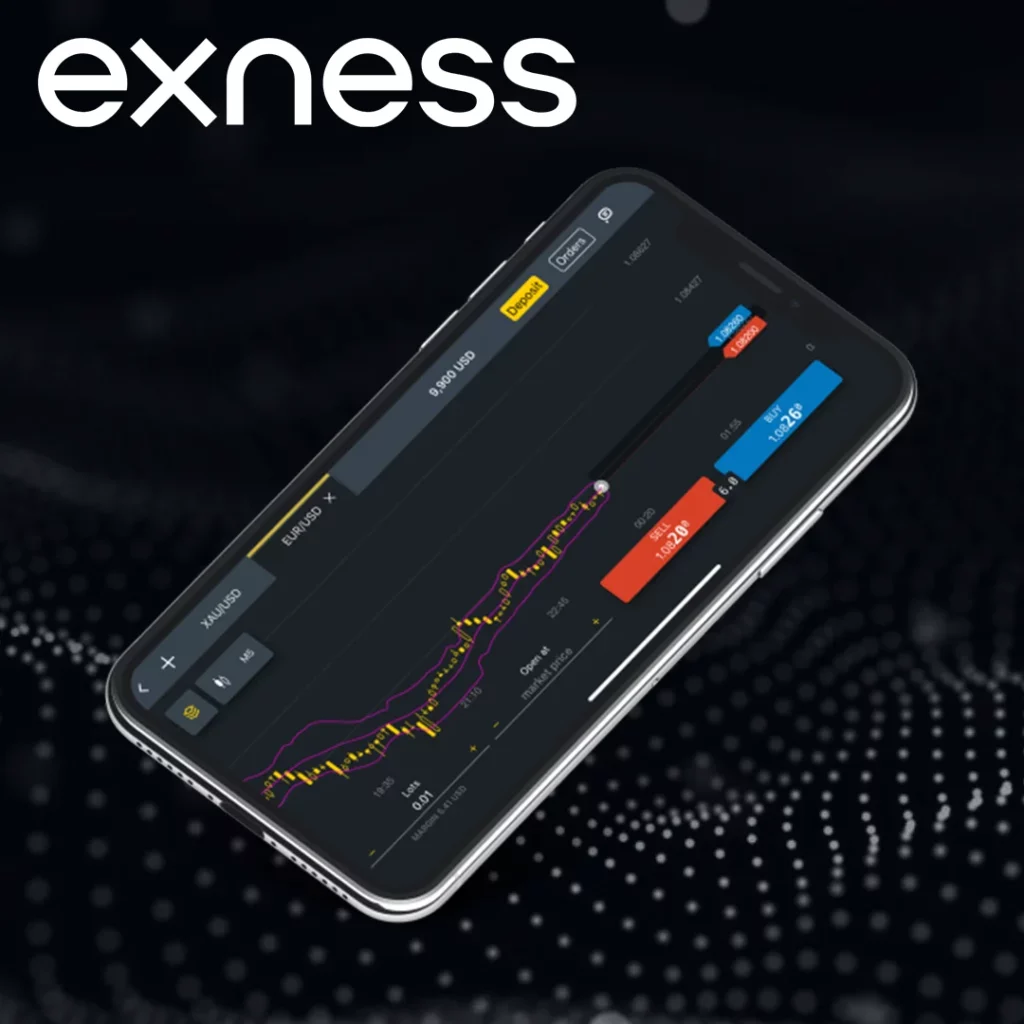
Positive vs. Negative Slippage in Exness
Not all slippage is harmful. Traders often focus only on negative slippage, where the execution price is worse than requested. Yet positive slippage also exists and can work in favor of the order.
For example, if a buy order is placed at 1.2050 but the market briefly dips to 1.2047 before execution, the entry improves by three pips. While less common, positive slippage demonstrates that price shifts can occasionally bring an advantage.
Factors that affect whether slippage turns positive or negative include:
- Market direction at the moment of execution
- Available liquidity on the order book
- The size of the trade relative to current volume
Understanding that slippage can work both ways changes how traders interpret market execution. Instead of viewing it solely as a risk, it becomes part of normal order mechanics.

Trade with a trusted broker Exness today
See for yourself why Exness is the broker of choice for over 800,000 traders and 64,000 partners.
FAQs
Can slippage be completely avoided on Exness?
No, slippage cannot be eliminated entirely, as it reflects real-time market conditions. However, it can be minimized through limit orders, careful timing, and trading in liquid markets.

